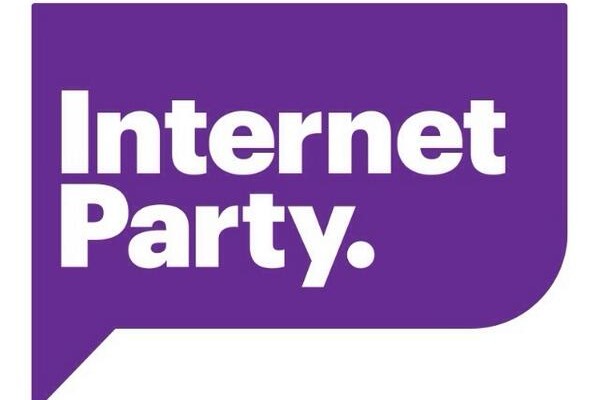No sooner was the party announced, that it had to be cancelled. The massive launch in Auckland of internet entrepreneur Kim Dotcom’s much-awaited political vehicle – which he dressed up as an album launch in order not to run afoul of electoral law – was hastily called off yesterday due to fears that the disguise might be too obvious after all, and the Electoral Commission would likely take exception. Dotcom’s Twitter announcement had already been followed in quick succession by the leak of a party strategy document, and the hasty resignation of the prospective secretary from his role as editor of a prominent news organisation, after it was revealed that he had clumsily registered the party’s domain in the name of the company.
Yet, in spite of these troubled beginnings, Dotcom’s announcement was something of a success – if it’s true, as he claims, that as many as 25 000 people had registered for the event by the time it was cancelled. These aren’t the usual numbers for a political event in New Zealand, although it wasn’t to be a typical event, nor is Dotcom a typical politician. If you spent any time in the country over the last year, you’ll know of Dotcom’s uncanny ability to attract media headlines and garner overwhelmingly positive publicity, especially among urban liberals. But you’d also know that the ongoing contest between his legal representatives, the local courts and the FBI on the matter of the criminal proceedings brought against him for computer piracy has cast a unique light on the country’s relationship with the United States on a number of levels – political, economic, of security and intelligence arrangements.
The revelation that Dotcom’s party is to be called the Internet Party has prompted automatic comparisons with other parties so named, as well as the various Pirate Parties (of which New Zealand already has one) and – naturally – Beppe Grillo’s 5 Star Movement, which is by some margin the most successful internet party to date. Perhaps it’s too early to critique a party that hasn’t officially been formed yet, much less made public any of its policies, but if the name, as much as the personality and personal history of its front-man, is something to go by, well ‘Internet Party’ stakes out both a territory and a constituency. It identifies the place in which politics is to take place and the people that will be involved in it, namely, the mass of individuals who see themselves primarily as subjects and citizens of the internet.
The leaked strategy paper makes in this respect for interesting reading, even if it was as much a job application (and likely a failed one at that) on the part of its author. Its interest lies precisely in the delineation of that terrain, and the statement of intent – echoed by Dotcom in a tweet this week – to contest the ‘Internet Electorate’ (capitalised as per the document). This elliptical formula defines a public by the means by which it is reached, that is to say, social media. We could equally – and perhaps some political analysts do just that – speak of a ‘television electorate’. But nobody speaks of a ‘television economy’, and that is what makes the Internet Electorate such a uniquely self-contained constituency. The hope, which Beppe Grillo’s party saw realised to the tune of 25 per cent of the overall vote, is that this constituency will in turn define itself as having the needs that the Internet Party hopes to satisfy, beginning with (naturally) a cheap and plentiful internet, free of surveillance, and then a vague promise: that the entire political and economic sphere will be overlayed upon this communications infrastructure, as it already is for some.
Thus the Internet Party’s leaked white paper states that the role of the new formation will be to ‘ensure policy that protects and invests in an online future economy are [sic] the top of any political agenda’, and its author waxes lyrical in a blog post about ‘the online 21st Century’ and an ‘economic prosperity’ that would follow if the country ‘moves away from a dairy dependent, drill and mine economy’.
These – as I’ve had occasion to write before for Overland – are largely the same ideas that sustain Grillo’s very successful project. However, it is too early to tell if Dotcom’s party will enjoy anything close to the same returns. The irruption of the 5 Star Movement on the Italian political scene was immensely aided – if not actually made possible – by the protracted crisis of the national economy and the almost universal disaffection for its institutions. In spite of the effects of the traumatic neoliberal reforms of the eighties and early nineties, which have left a legacy of low wages and under-employment, New Zealand has a stable economy and relatively healthy political institutions which suffer, if anything, more from apathy than outright hostility on the part of the voting public. I don’t share the willingness of some commentators to think that Dotcom is poised to successfully tap into this vast reservoir of potential voters, but we’ll just have to wait and see.
In the meantime, the evolution of Dotcom’s party – especially if it’s accompanied by more leaks – promises to become an open laboratory of sorts, enabling us to observe up close yet another attempt to enter a post-political era.






